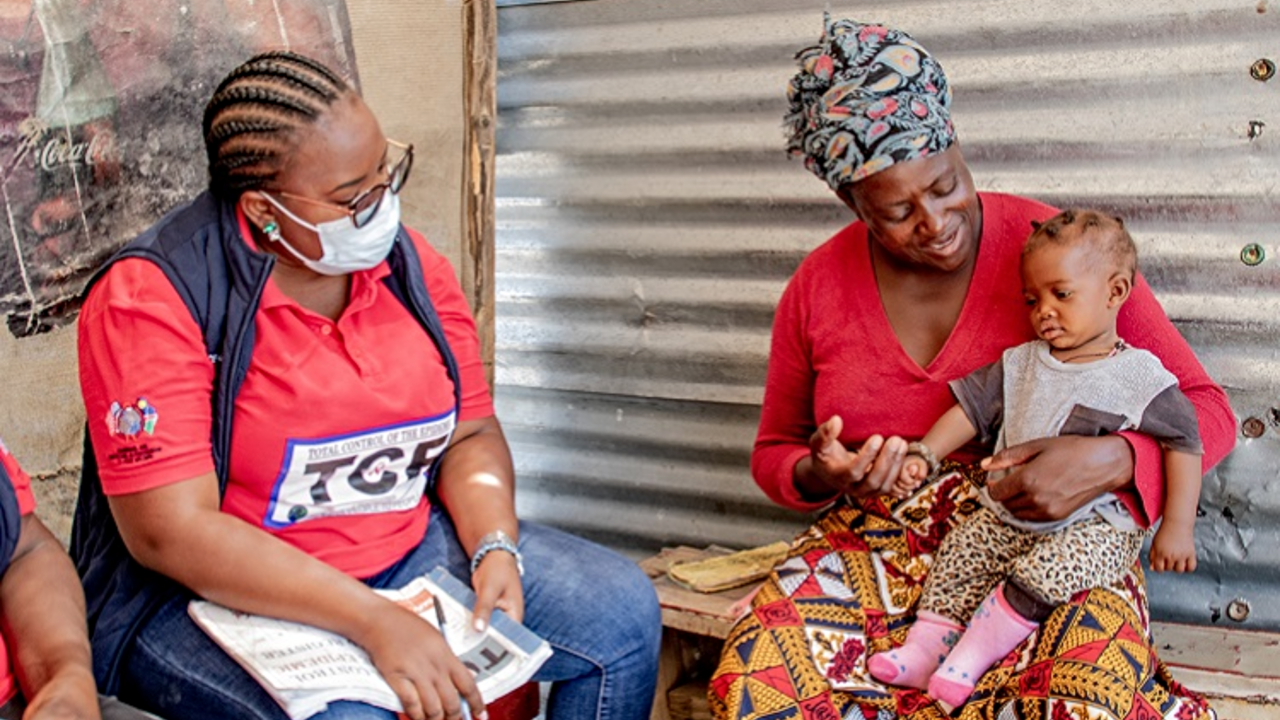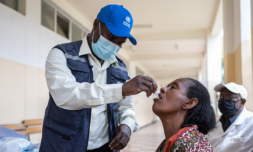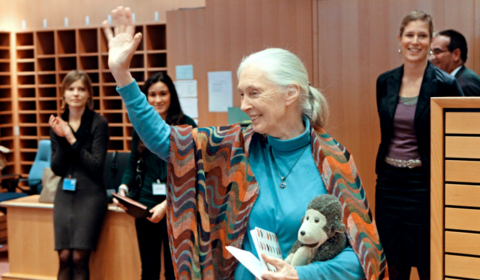The World Health Organization (WHO) has hailed Namibia for its unprecedented success in eliminating mother-to-child transmission of HIV and Hepatitis B. The country becomes the first in Africa to reach such a milestone.
For years, Namibia grappled with the devastating effects of HIV and Hepatitis B, particularly among pregnant women and newborns.
According to the World Health Organization, the country is home to more than 200,000 people living with HIV and new infections have continuously impacted females.
The country faced formidable challenges, including limited access to healthcare services and awareness, and socio-economic disparities, which exacerbated the transmission rates of these viruses from mothers to their infants.
The health situation in Namibia was dire, with high prevalence rates of HIV and Hepatitis B posing significant threats to maternal and child health. Access to prenatal care and antiretroviral therapy (ART) was often inadequate, leading to preventable cases of mother-to-child transmission and a staggering burden of disease.
However, the Namibian government, in collaboration with international partners and grassroots organizations, embarked on a comprehensive and ambitious healthcare initiative to combat these epidemics.
Through robust prevention strategies, increased access to testing and treatment, and community engagement efforts, Namibia implemented a multi-faceted approach to tackle HIV and Hepatitis B transmission head-on.
Central to Namibia’s success was the scaling up of prevention of mother-to-child transmission (PMTCT) programs, which provided pregnant women with essential healthcare services, including HIV testing, counseling, and antiretroviral medication.
Additionally, efforts were intensified to promote safe childbirth practices and encourage exclusive breastfeeding, further reducing the risk of viral transmission from mother to child.
According to WHO, Namibia has achieved nearly universal availability of HIV testing for pregnant women, coupled with improved access to treatment, resulting in a notable 70% decrease in vertical transmission over the past two decades.
Remarkably, in 2022, only 4% of infants born to HIV-positive mothers contracted the virus. Additionally, nearly 80% of newborns received timely administration of the Hepatitis B birth vaccine, a crucial indicator of progress towards elimination goals.
The culmination of these concerted efforts was acknowledged by WHO, which officially declared Namibia’s achievement in eliminating mother-to-child transmission of Hepatitis B and HIV. The WHO awarded the country with a ‘silver tier’ status and ‘bronze tier’ for both respectively.
Dr Matshidiso Moeti, WHO Regional Director for Africa, lauded Namibia’s achievement, stating, ‘This is a landmark achievement by Namibia that demonstrates the life-saving possibilities of committed political leadership and effective implementation of public health priorities.’
‘With concerted efforts, we can accelerate progress to reach the goals of ending mother-to-child transmission of HIV, Hepatitis B and syphilis – the triple elimination.’
The recognition by WHO has not only brought international acclaim to Namibia but also reaffirmed the country’s dedication to improving healthcare outcomes and safeguarding the well-being of its population.

















